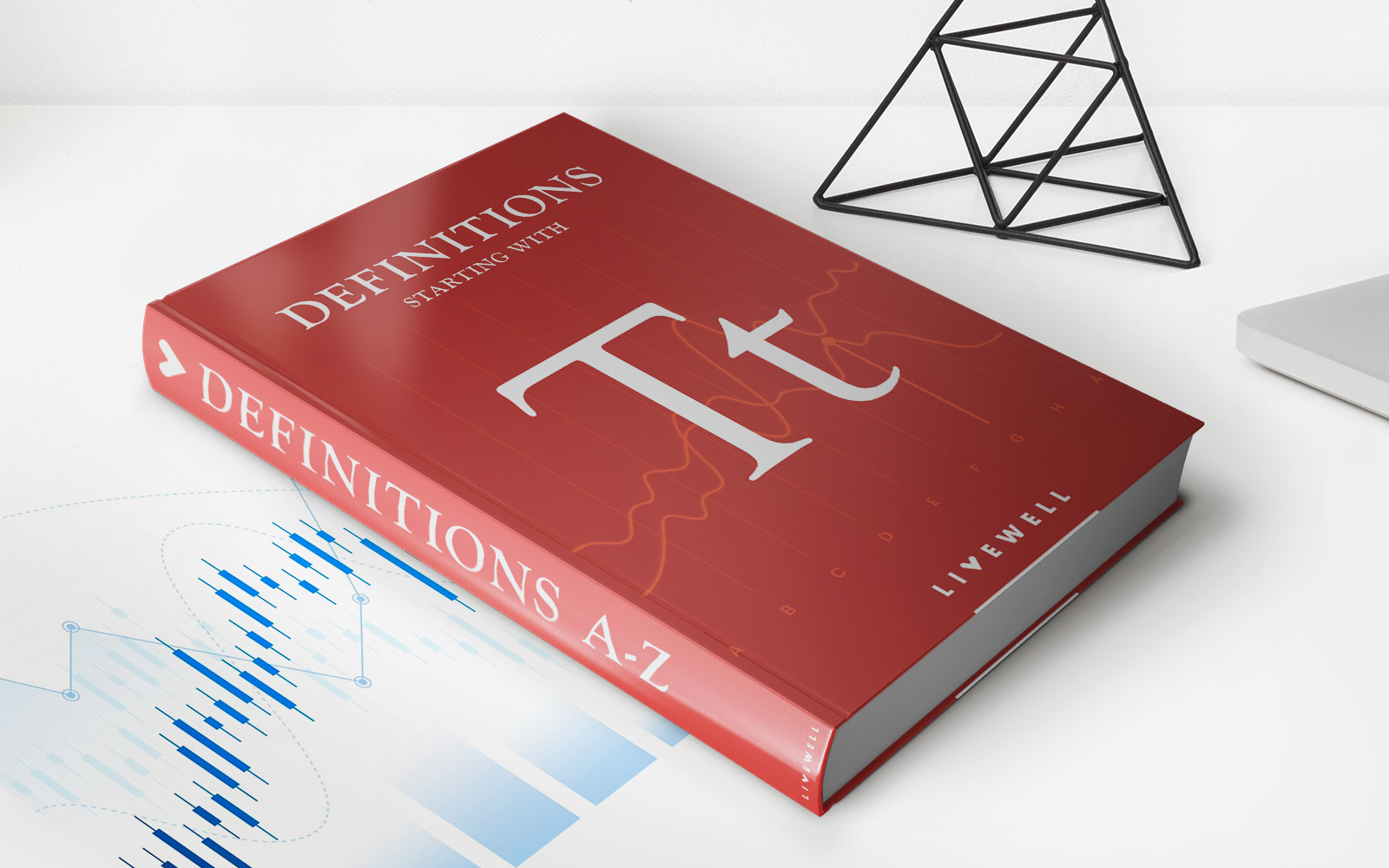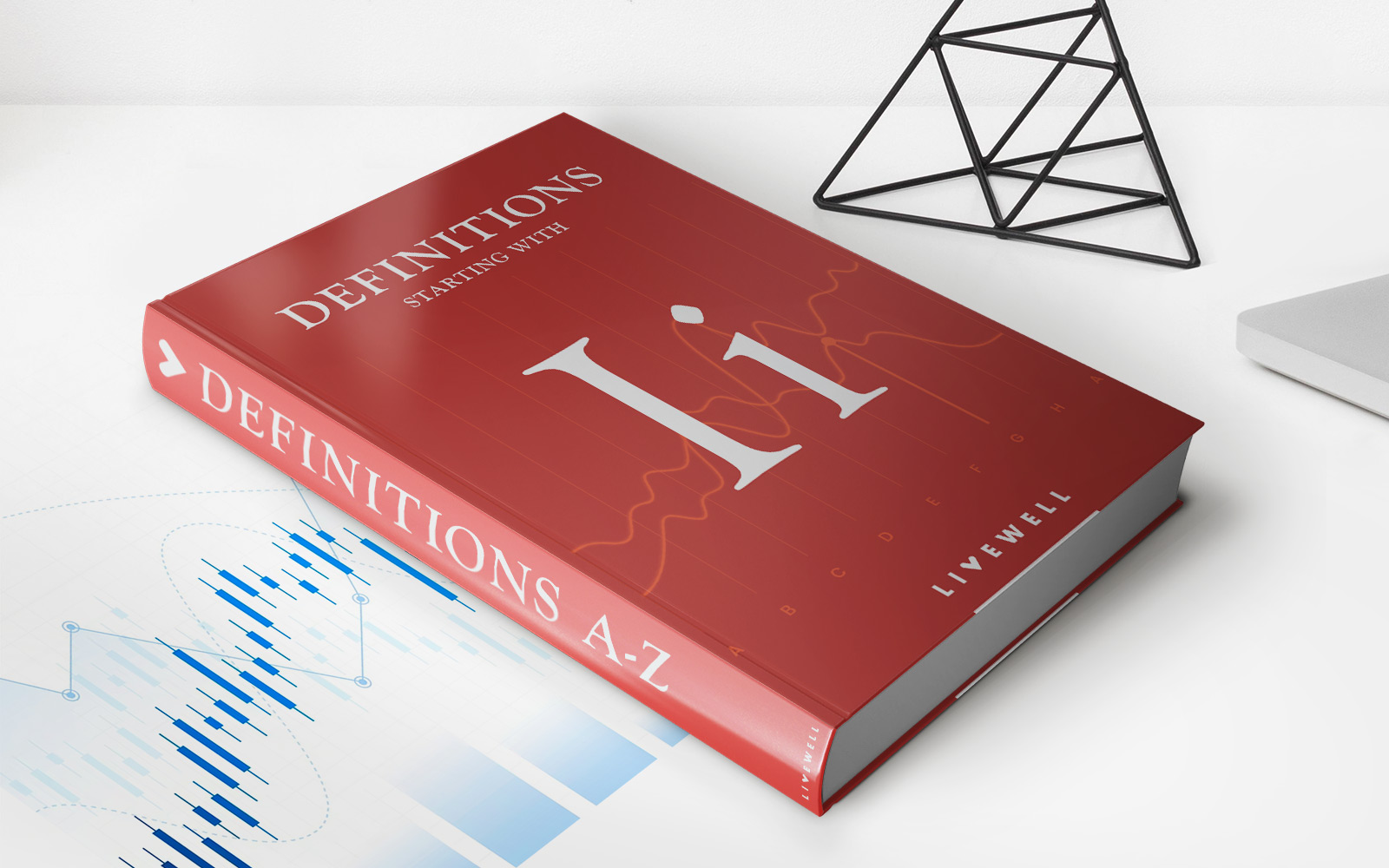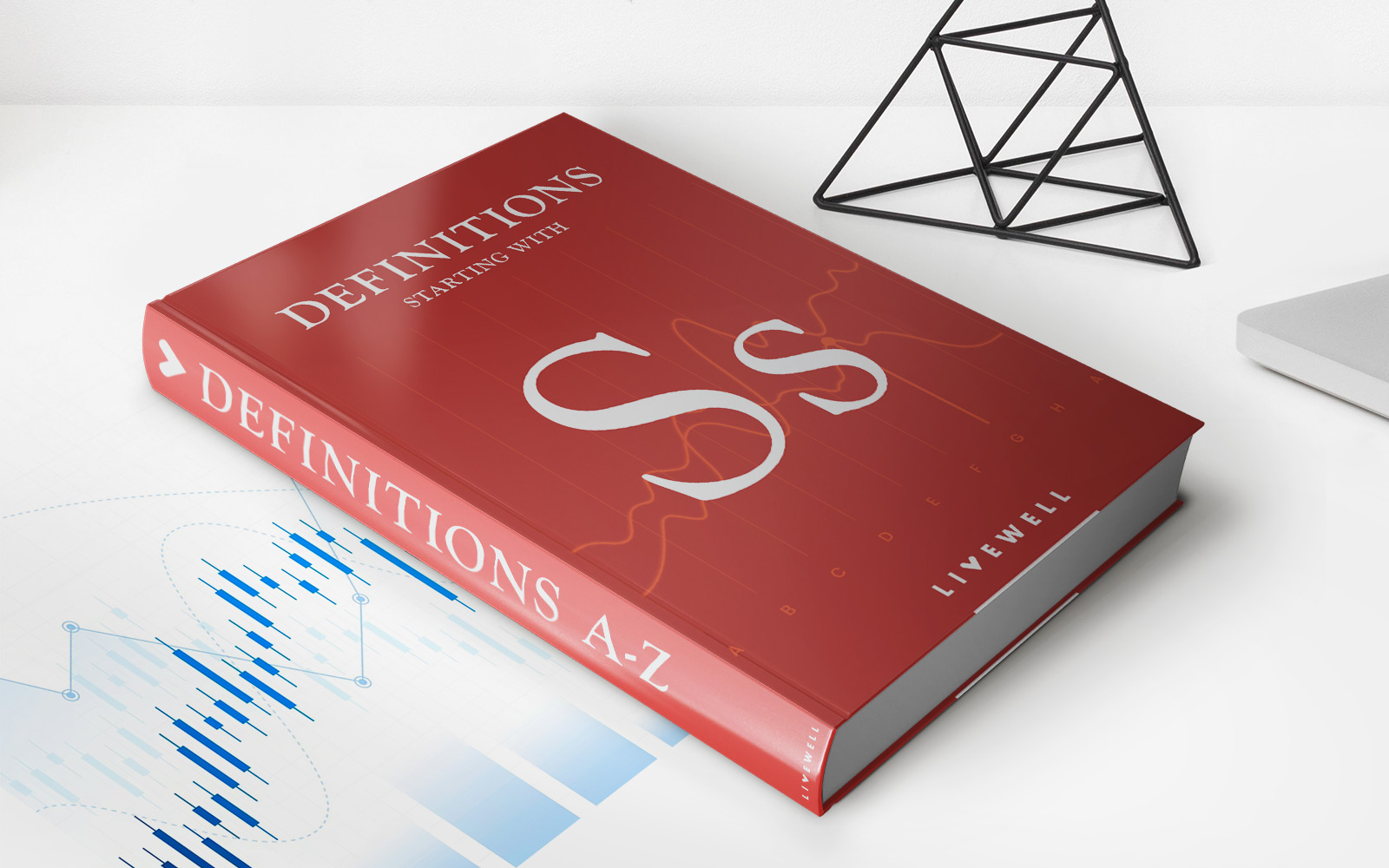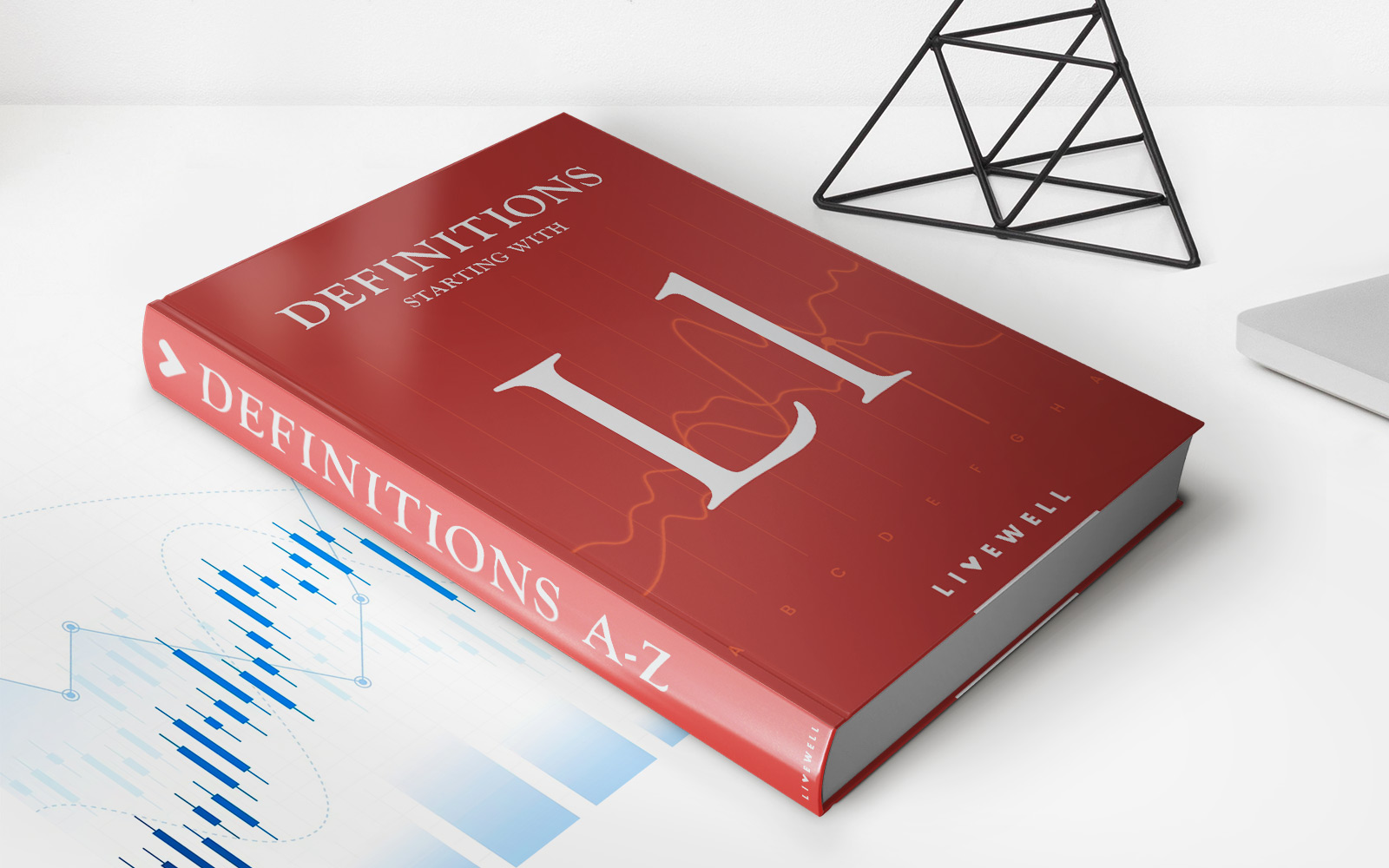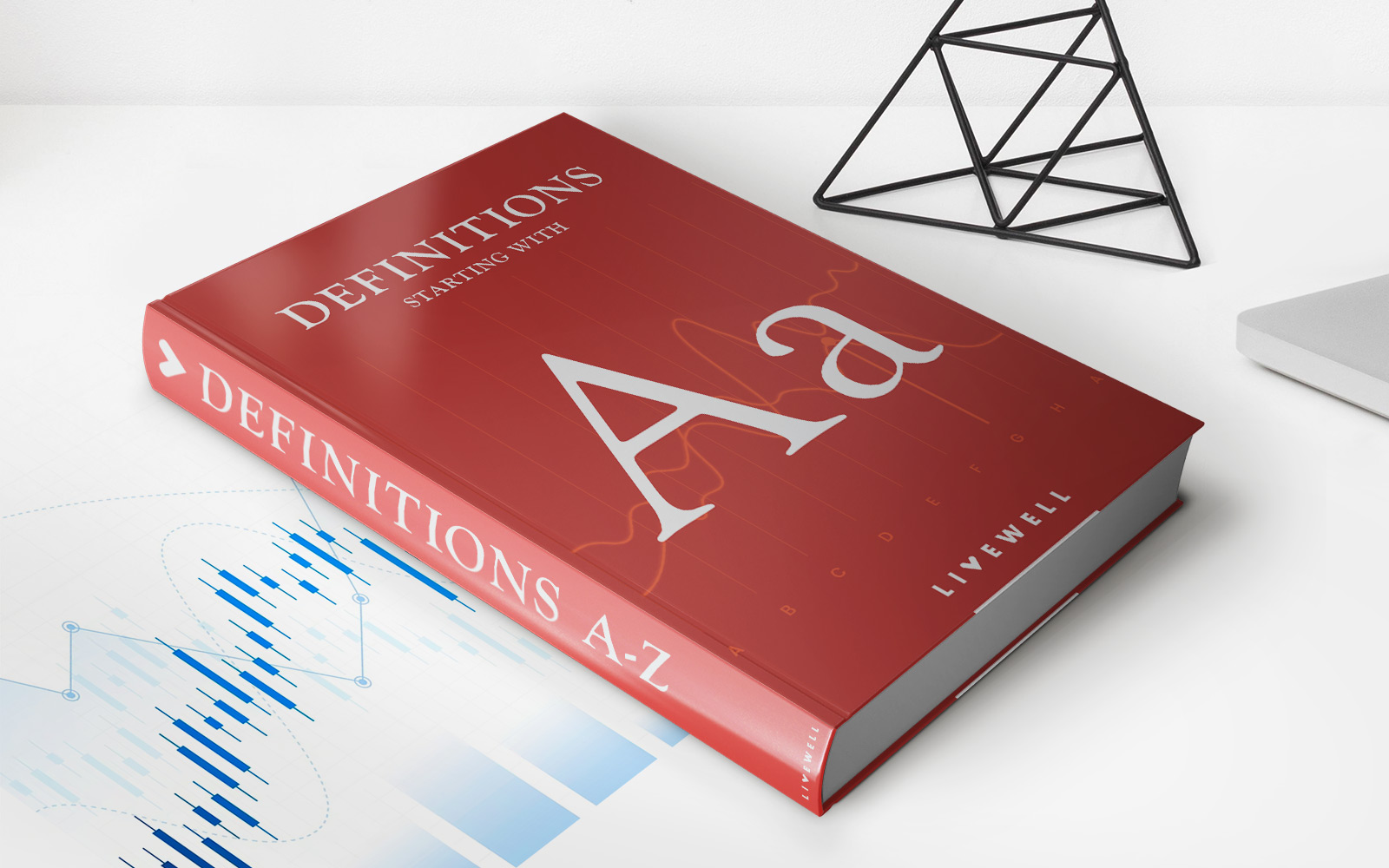Home>Finance>What Is Black Tuesday? Definition, History, And Impact


Finance
What Is Black Tuesday? Definition, History, And Impact
Published: October 17, 2023
Learn about the significant financial event known as Black Tuesday in finance history, its definition, historical context, and its lasting impact on the global economy.
(Many of the links in this article redirect to a specific reviewed product. Your purchase of these products through affiliate links helps to generate commission for LiveWell, at no extra cost. Learn more)
Understanding Black Tuesday: A Day That Shook the Financial World
When it comes to significant events in the history of finance, one cannot overlook the infamous Black Tuesday. This pivotal day, occurring on October 29, 1929, marked the climax of the stock market crash that led to the Great Depression. In this article, we delve into what Black Tuesday was, its historical context, and the lasting impact it had on the global economy.
Key Takeaways:
- The stock market crash of 1929 led to Black Tuesday, the most devastating day of the crash.
- The crash was triggered by a combination of factors, including speculative trading, overvaluation of stocks, and economic instability.
The Build-up to Disaster
In the roaring 1920s, the United States experienced unprecedented economic growth, and the stock market was booming. However, beneath the surface of this seemingly prosperous era, cracks were starting to appear. Speculative trading and excessive borrowing had inflated stock prices beyond their true value, creating a precarious bubble.
As the bubble expanded, more and more investors jumped on the bandwagon, hoping to make quick profits. But the bubble was destined to burst. On Thursday, October 24, 1929, panic set in on Wall Street, leading to a rapid decline in stock prices. This day became known as Black Thursday.
Black Tuesday, which followed just five days later, was an even more catastrophic event. On this day, the stock market experienced a massive sell-off, with billions of dollars lost. Investors scrambled to unload their shares, further driving down prices. The crash soon spread beyond the borders of the United States, affecting global markets and signaling the beginning of the Great Depression.
The Impact of Black Tuesday
The consequences of Black Tuesday were far-reaching, affecting not only investors and financial institutions but also ordinary people around the world. Here are some of the lasting impacts:
- The Great Depression: Black Tuesday is widely seen as the spark that ignited the Great Depression, the worst economic downturn in modern history. The crash wiped out billions of dollars in wealth, leading to bankruptcies, widespread unemployment, and a harsh decline in living standards.
- Regulatory Reforms: The severity of the Great Depression prompted governments to implement significant changes in financial regulations. The US government, for instance, established the Securities and Exchange Commission (SEC) to improve market transparency and prevent another catastrophic crash.
- Lessons Learned: Black Tuesday served as a wake-up call for both investors and policymakers. It highlighted the importance of sound investment practices, proper risk management, and the need for governments to intervene in times of financial crisis.
- Long-Term Economic Shifts: The Great Depression triggered significant shifts in economic theory and policy. Keynesian economics, advocated by British economist John Maynard Keynes, gained prominence as governments realized the importance of fiscal stimulus and public spending to combat recessions.
Black Tuesday stands as a somber reminder of the potential consequences of unchecked speculation and the fragility of financial markets. Its impact on the global economy was profound and continues to shape financial practices and policies today. By understanding the events that unfolded on that fateful day, we can strive to prevent similar crises in the future.

